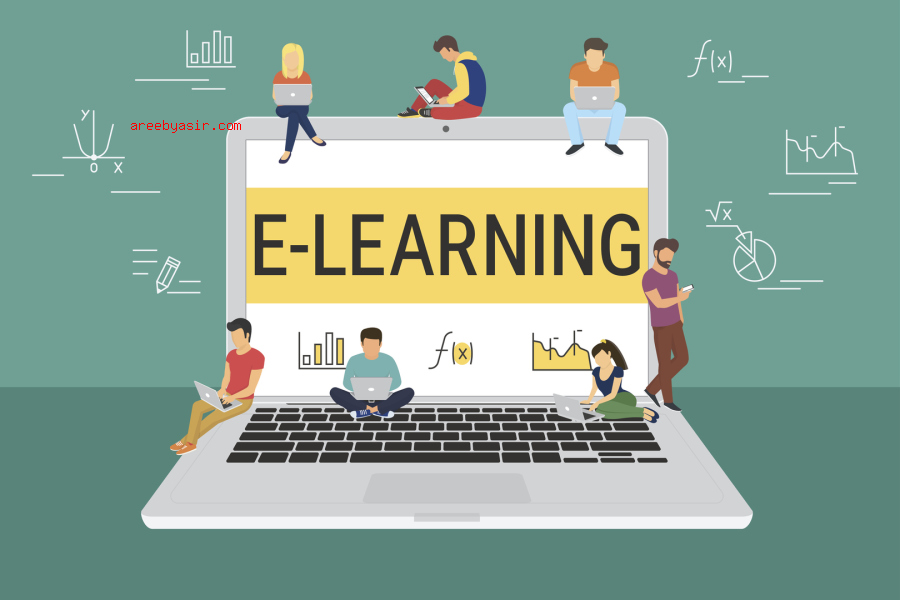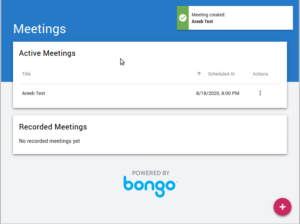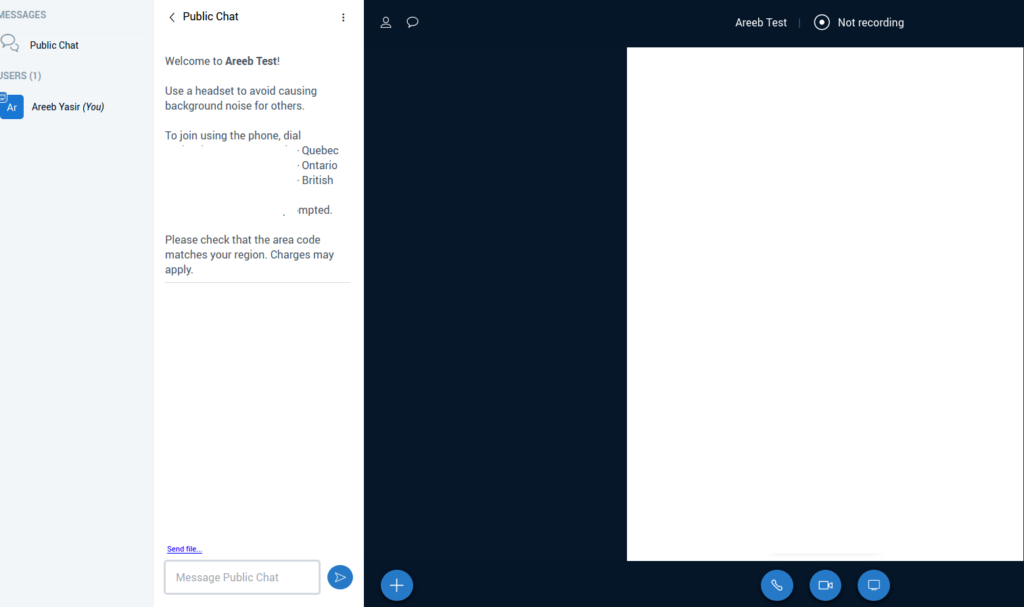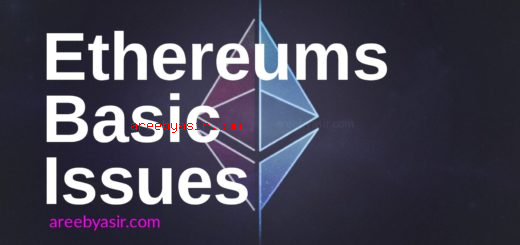PIDP 3100 – Week 4 – Post #2: Trends in Adult Education
One of the biggest trend in Adult Education is the shift to online e-Learning. This was happening pre COVID-19 but not in the mainstream, whereas traditional institutions had few if any online courses. Now with COVID-19 there are full programs that are now online that probably would not have been, at least not any time soon.

I didn’t have much time to prepare but back in March during our 1 week reading break at BCIT, we shut down once a pandemic of COVID-19 was declared. We just had a number of days to prepare for this shift but fortunately being part of an IT program, I had the tools to make it happen and so did BCIT. We used Virtual Classrooms through “Bongo” which uses the Open Source solution “Big Blue Button” to hold online classes. We were able to do our lectures and live presentations in a very similar way to in person and still achieve excellent results.
Bongo in action below, with the right screenshot, where it was white would normally show the presentation and you have the ability to chat. This solution worked so well that we were able to do have several class presentations and project showcases.


I cannot be certain but believe online or hybrid e-Learning and many public institutions will likely continue in the coming years and is probably here to stay. For those who are able to make e-Learning a successful experience, I believe this opens up exciting new possibilities for students to study from abroad, while allowing instructors to work remotely. I would chalk up my e-Learning class as a huge success as many students appreciated the benefits that they could all equally hear and see what I’m presenting. This is something hard to achieve in a large classroom where someone may be off to the side, near HVAC fans, or even near computer equipment that makes it hard to hear or visual obstructions from other students.
There is one negative aspect and the “Digital Divide” is something even Forbes has recently addressed with 40% of the world not being connected to the internet, it is certainly unfair and hard for those in developing countries that don’t have any internet or don’t have fast enough internet to allow them to live their lives online. That same 40% has little to no chance of participating in e-Learning and of the 60% of internet users, those who don’t have a stable or fast enough connection will likely not be able to participate live. And a clear example of this was myself, when Telus took my fiber offline during a presentation. I tried to get back online by using my phone as a modem, but the 4G signal was so unstable and poor in my neighborhood that there was no way I could continue. I realize my one hiccup with online learning due to an issue with my ISP is nothing compared to having “slow” or “no” internet as people in many countries suffer from. The bright side is that, I believe this will spur more internet advancement and infrastructure build-out in developing areas of the world and it is certainly a worthy cause that will restore a level playing field to those who have been disadvantaged not to have proper internet. One day I hope it is declared as a basic human right, as life without internet is going to become nearly impossible as the pandemic continues.
According to Forbes the COVID-19 pandemic “could forever change higher education” and I agree with them If this global pandemic has taught us anything, it’s that the importance of online flexibility is absolutely critical for the sustainment of education and overall well-being — Forbes. In fact, it is imperative that we get this right as e-Learning is not nice to have, it is a requirement for continuity in the event of an emergency or disaster including for COVID-19.
And fortunately this comes at “a better time” for the world in terms of technology. Thankfully this didn’t happen when the PC (Personal Computer), WWW (World Wide Web) and the internet was foreign to most homes and internet was dialup and extremely slow. Until recent years computers have hardly been affordable and many homes may not have had high-speed internet or at least not fiber optic internet. With true broadband and especially fiber optic, you can now easily serve households that consistent of several if not dozens of internet users doing remote work and online learning at once. Of course when I say this I mean in BC, not places like in Asia: South Korea, Japan and most of Western Europe who have had fiber optic for decades now.
This pandemic is having an impact on how we live our lives, and certainly all activities that can be online have gone there and the success of e-Learning at least in my industry is a positive outcome that is saving the environment, money and time by cutting out the daily commute (albeit I still find it amusing that the same group of students will still show up late to online classes). e-Learning I believe is something that is here to stay, will continue to grow, and as an instructor I will have to continue adapting, improving and finding new and improved ways to keep my online classes engaging.
Despite some complaints on the internet about e-Learning, it is certainly here to stay, and it can be implemented effectively for many industry that doesn’t require us to physically work on machinery or specialized equipment.
References:
Forbes (2020, May 8th). How The Pandemic Could Forever Change Higher Education. Retrieved from https://www.forbes.com/sites/forbestechcouncil/2020/05/08/how-the-pandemic-could-forever-change-higher-education/
![]()




